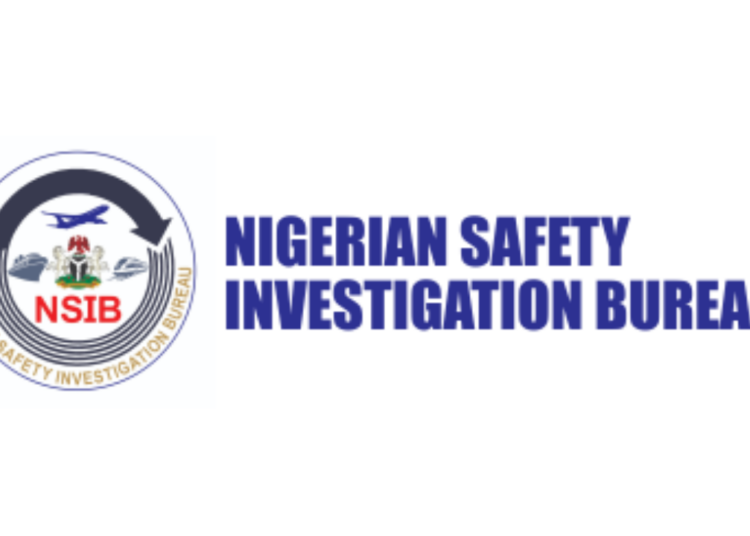As part of efforts to enhance maritime safety, the Nigerian Safety Investigation Bureau (NSIB) has initiated a significant overhaul of its marine casualty investigation structures.
The director-general and chief executive officer of the bureau, Alex Badeh Jnr, who initiated the pioneer work, set up a five-man committee chaired by the director of Transport Investigations (DTI), Abdullahi Babanya, to draft the regulations.
The regulations aligned with the International Maritime Organisation (IMO) Casualty Investigation Code while addressing the unique challenges of investigating incidents on Nigeria’s inland waterways and oceans.
The NSIB Act of 2022 mandated that the Bureau investigate accidents in all modes of transportation, including air, marine, rail, and others.
The holistic approach underscored the importance of safety in Nigeria’s transportation sector, particularly as the nation grapples with frequent maritime accidents that pose risks to both human lives and economic stability.
The committee’s active involvement highlighted the NSIB’s commitment to preventing further tragedies and ensuring accountability within the maritime industry.
Over the past six months, the committee engaged in an exhaustive process of drafting regulations, which included visits to harbours and jetties, extensive consultations, and deliberations with industry stakeholders.
The Technical Adviser to the DG/CEO of NSIB, Martins Avaan, who spoke with journalists in Abuja on the development, commended Badeh’s leadership and vision.
He explained that the DG/CEO has prioritised this timely rule-making, as the regulations are drafted to ensure the recommendations are ‘smart’ and implementable by responsible government agencies, concerned operators, as well as all maritime sector players.
Avaan emphasised that the marine casualty investigation regulations are essential for addressing the alarming frequency of vessel accidents on Nigeria’s waterways and oceans.
“With the right legal structures and procedures in place, investigations can be conducted thoroughly, allowing for lessons learned and recommendations to be implemented.
“This pivotal step aims to stem the tide of disasters and promote safer navigation in both inland and coastal waters. The regulations will not only enhance the investigative processes but also foster a culture of safety within the maritime sector.
“By ensuring that investigations are carried out with the highest standards of professionalism and transparency, the NSIB aims to boost public confidence in the nation’s maritime safety protocols.
“This initiative is critical, as it sends a strong message to all stakeholders—operators, regulators, and the public—about the importance of adhering to safety standards and regulations.
As the committee finalises the draft regulations, the focus remains on creating a robust and adaptable framework.
“The complexities of the Nigerian maritime environment necessitate regulations that can evolve with changing conditions and emerging challenges. This flexibility will be key in addressing the diverse nature of incidents that can occur, from minor mishaps to major disasters that require comprehensive investigations,” he added.
We’ve got the edge. Get real-time reports, breaking scoops, and exclusive angles delivered straight to your phone. Don’t settle for stale news. Join LEADERSHIP NEWS on WhatsApp for 24/7 updates →
Join Our WhatsApp Channel










